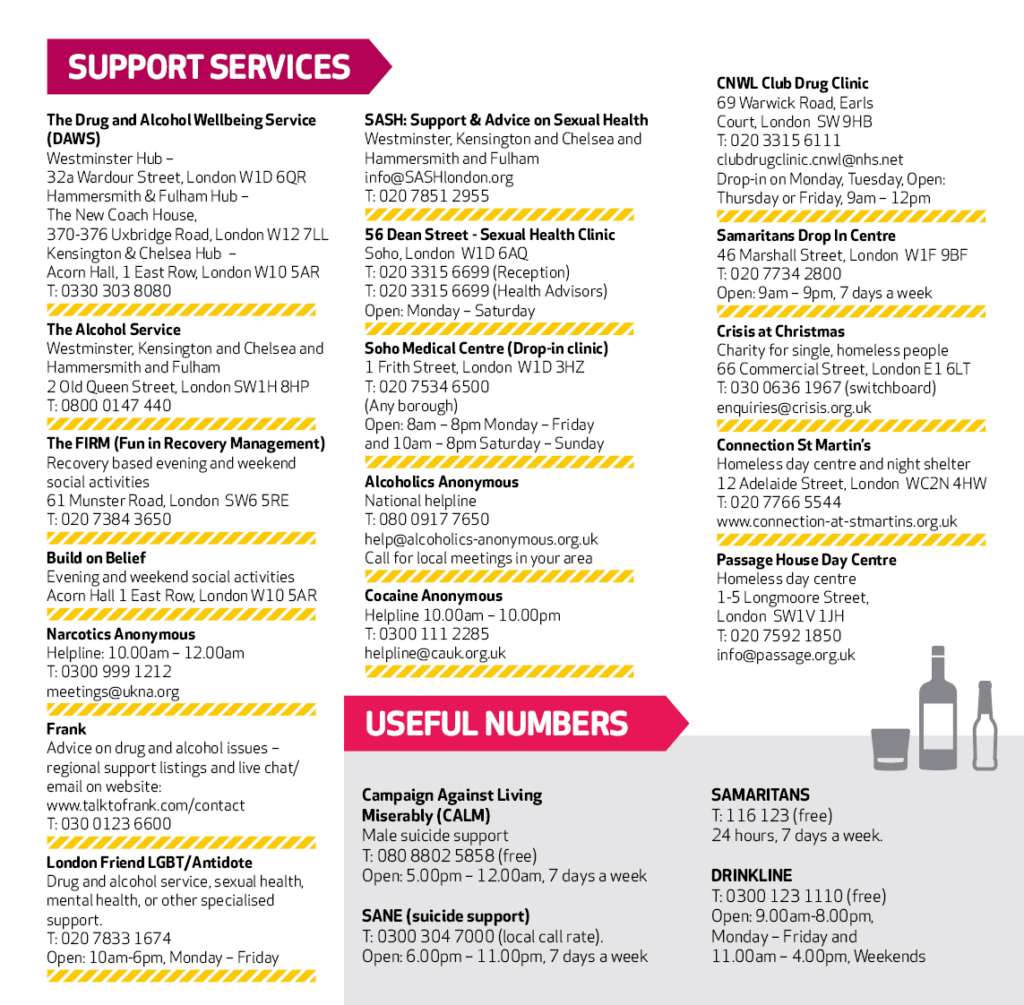I sometimes come across a view point that counselling is only for a certain type of person. While it’s not always specific what that type is maybe you can fill in the blanks for yourself.
It can be that a person comes to counselling because of a series of events but sometimes it is just one unexpected thing that rocks a person so badly they need support to come to terms with where it has left them.
None of us can anticipate or prepare for a day like that. We will get up, get washed and dressed, follow our usual routine or no routine oblivious to the fact that tomorrow morning our lives will be completely different.
The life changing event can take many forms. An error in judgement on our part or someone else’s. stepping out into the road too soon, not applying the brakes quickly enough. Getting on the wrong train. Missing a bus and walking instead. Our lives are full of these possibilities and thankfully they don’t always come to pass.
Sometimes though it’s an event caused maliciously and deliberately or one where someone is working to deflect attention and/or guilt from themselves.
False accusations of sexual abuse can fall into this category. Whatever gender we are, there will be others of any gender who will use these type of allegations for many reasons. To get revenge, to punish someone, to avoid their own feelings of guilt and shame, to convince themselves they aren’t responsible for their own actions.
Whatever the reason, the person accused will never to quite the same. Even when no charges are brought or if the are dismissed at trial, there will always be people who view them with suspicious and believe them guilty.
They will have to find a way in future relationships to share what has happened and run the risk of being judged as well.
Finding a way to reclaim trust in people when it gets shattered is no easy task. It can take a great deal of work and determination to keep trying; to hang onto hope that things will improve; to make yourself vulnerable again.
That’s when people need support.

